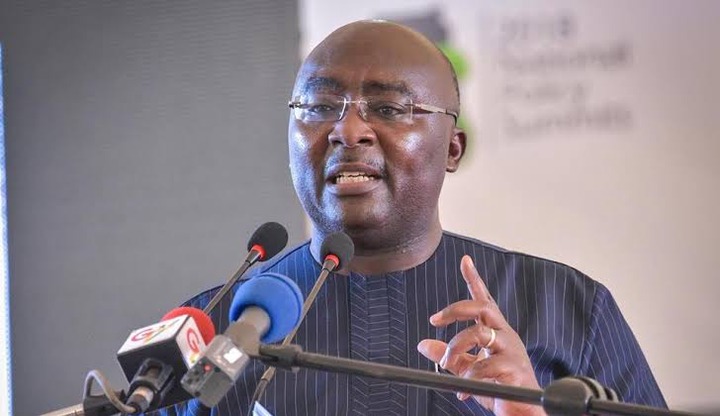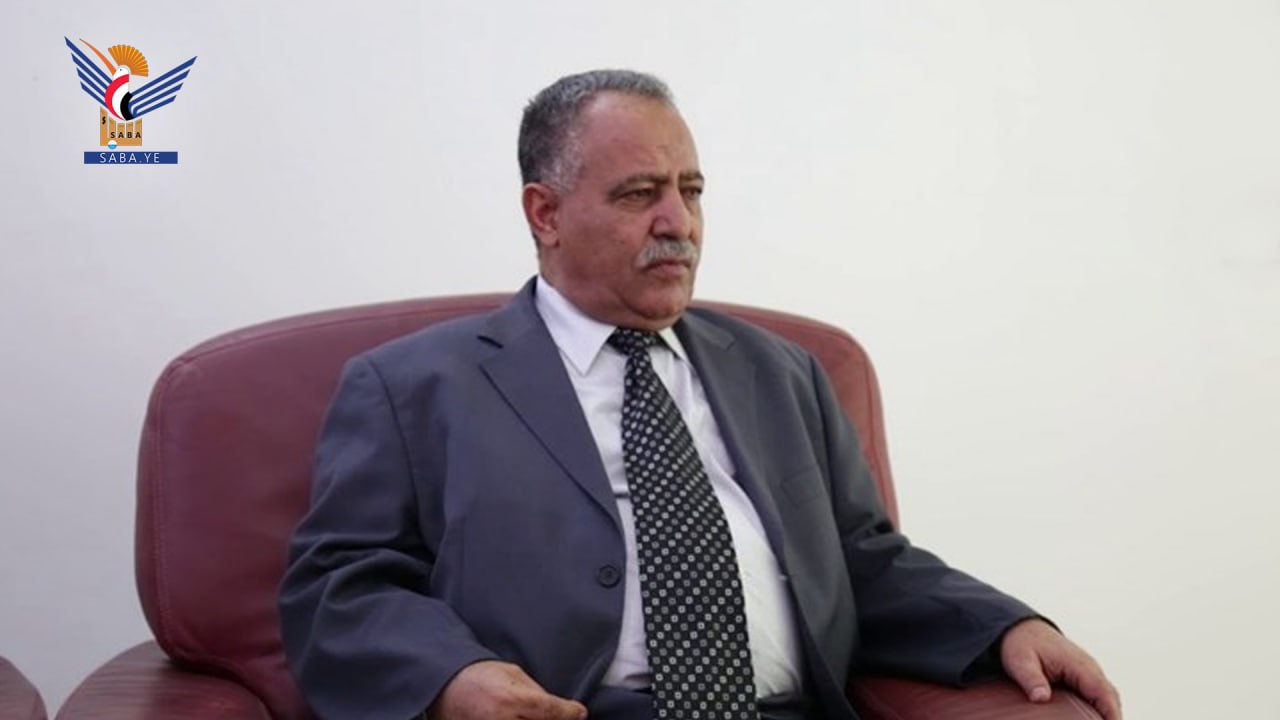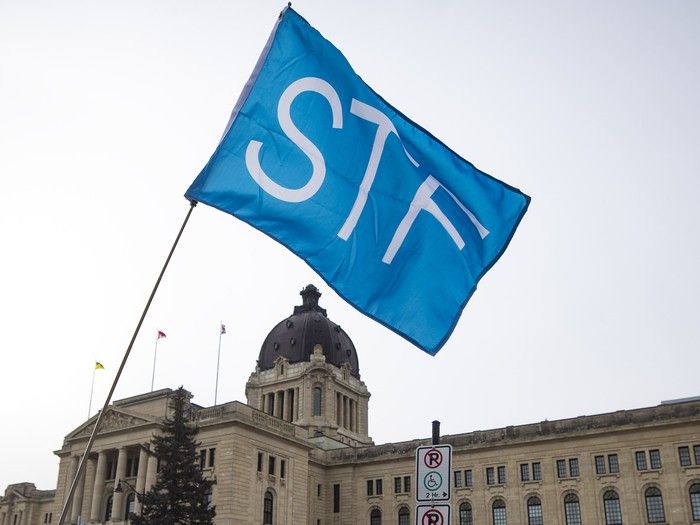
Even though voters rejected this proposal just a few years ago, the graduated income tax refuses to die in Springfield. It’s the same playbook as before. Step 1: Change the state constitution.
The legislation , sponsored by state Rep. Robert Martwick, D-Chicago, would amend the constitution by allowing for multiple tax rates instead of one flat rate, with new language in the constitution reading, “The General Assembly shall provide by law for the rate or rates of any tax on or measured by income imposed by the State.” Step 2: Then decide the rates everyone pays.

It’s a backward, unfair process for Illinoisans who would be asked to approve this mysterious rate structure sight unseen, potentially approving tax hikes on themselves without even realizing it. That’s not democracy — that’s deception. In 2020 when the issue was at the top of the ballot, the editorial board argued against switching from a constitutionally protected flat tax to a graduated income tax because it would allow Illinois politicians to tinker with rates — to extract more money from hardworking taxpayers — without forcing them, the politicians, to do the hard work of streamlining government, cutting spending and eliminating the structural deficit that has made this state a deadbeat for more than a decade.
Back then, Gov. JB Pritzker put $58 million of his own money behind the campaign to advance a graduated income tax. Today, he’s singing a different tune.
“It’s very important we live within our means in this state and we not resort to tax increases as a way to balance the budget,” Pritzker said recently. The governor wisely understands the mood of the electorate, which this past November voted against his party in part because they favored a message of rightsizing government and reducing taxes. A savvy politician knows when to pivot.
Other Illinois Democrats seem not to have gotten the memo. It doesn’t matter if this particular graduated income tax legislation isn’t going anywhere. Springfield politicians file it over and over again, seeming to forget that Illinoisans already said they don’t want anything of the kind.
Supporters of this tax structure point to the number of states that employ graduated rates, but those other states that are running more smoothly than Illinois are doing so because they are well-run states — not because of the “magic” of a graduated tax structure. It’s also worth noting that in the years following Illinois’ rejection of a graduated income tax, a handful of other states, including Arizona and Iowa, abandoned this form of state taxation in favor of the flat tax model. Back at home, as the state’s financial issues persist, we can see why a model that makes it easier to raise taxes would appeal to politicians who don’t want to stick their necks out on essential reforms.
We’ve written about these issues many times, but they bear repeating. We hold $144 billion in pension debt, the worst state pension crisis in the country. And with a state budget that ballooned by $18 billion in just 10 years, jumping to $53.
1 billion from $35.4 billion in fiscal year 2015, our costs continue to rise. One bright spot comes from the impressive Illinois Comptroller Susana Mendoza, who has taken the state’s dismal bill backlog, which reached $16.
7 billion in 2017, and has made sure vendors get paid. The backlog has been reduced to $2.7 billion today, and payments are being made in a timely and responsible manner.
But those bills will get harder to pay as the state stares down growing budget deficits. The right to keep reviving the graduated income tax conversation is something politicians should have to earn. We’d love to see momentum toward fiscal discipline, a reduction of our massive debts and bipartisan support for true pension reform.
These are the reforms that will put our state on a path toward economic growth, giving us the ability to invest in the things that can make Illinois a destination state. Until that happens, let’s be clear: Springfield, stop raising the specter of new taxes. You haven’t earned the right to ask Illinoisans for more.
Submit a letter, of no more than 400 words, to the editor here or email [email protected] ..














